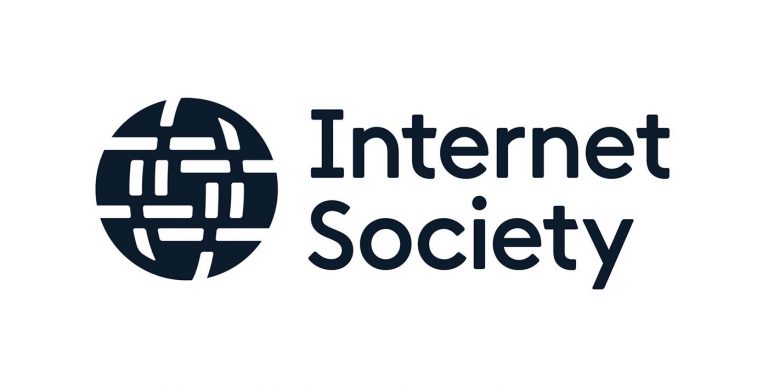Coordinating Innovation (Policy): an Introduction to my PhD Research Topic
By Andreas P Kopp, on 11 August 2020
Andreas Kopp, a final year PhD candidate at UCL STEaPP and UCL IIPP and member of the Digital Technologies Policy Lab, elaborates on his doctoral research project and explains what’s so difficult about governing innovation.
The challenge of innovation policy is coordination
There are no simple, prescribed solutions to such global issues as mitigating climate change or ensuring sustainable urban mobility. Instead, these require long-term contributions of many different economic sectors, governments, public agencies, and individual stakeholders. Increasingly, governments avert to drafting ‘mission-oriented’ innovation policies, i.e. systemic policies that cut across sectors in an attempt to enable the purposeful innovation of technologies towards a desired direction, rather than prescribing a closely defined solution. In other words, governments are ‘tilting the playing field’.
This often results in innovations that are not only technically highly complex, but also re-define human behaviour – so called socio-technical systems. They also span across different policy areas and therefore pose a new challenge for policy makers and policy implementers: they trigger coordination problems across policy domains and across government authorities, as existing policies might contradict each other, or relevant policies and regulations might be missing entirely.
 Close
Close






